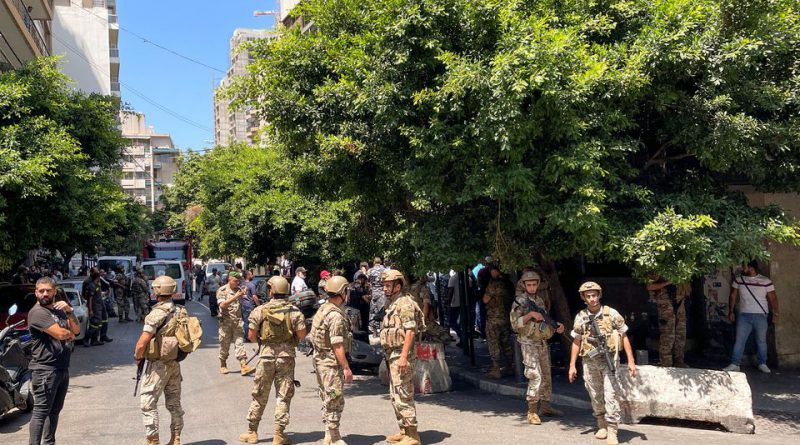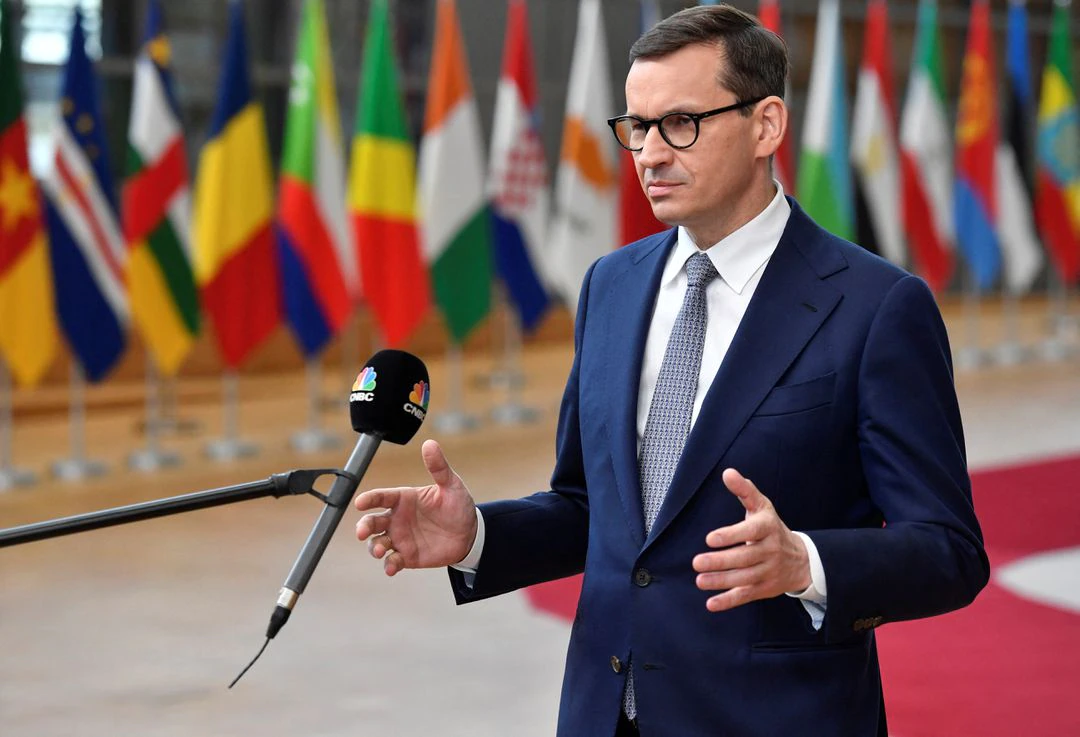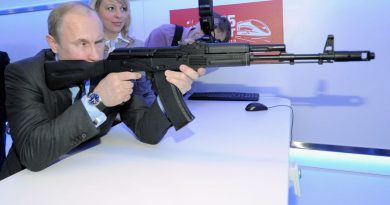Armed man demanding frozen deposits takes hostages at Lebanese commercial bank
Beirut (Reuters) – An armed man demanding deposits frozen by his bank took an unspecified number of hostages on Thursday at the Federal Bank of Lebanon, a security source and a Reuters witness said.
Lebanese banks have limited withdrawals of hard currency for most depositors during the country’s three-year financial meltdown, which has left more than three-quarters of the population struggling.
The man entered the Federal Bank of Lebanon branch in the Hamra neighbourhood in west Beirut just before noon on Thursday with a firearm, the security source told Reuters.
“He demanded access to around $200,000 he had in his bank account and when the employee refused the request, he began screaming that his relatives were in the hospital. Then he pulled out the gun,” the security source said.
Some customers in the bank managed to flee before he shut the doors on the rest, said the source, who was not able to specify how many clients or employees were in the branch.
At least one elderly man was released from the bank because of his age and government negotiators were deployed to begin talks with the hostage taker, the interior ministry said.
Lebanese media station Al-Jadeed said at least two shots had been fired during the incident. The Lebanese Red Cross told Reuters that they had deployed an ambulance on site but had yet to treat anyone.
A Reuters witness could see a bearded man in a black shirt behind the gated entrance to the bank speaking to several men in plainclothes on the outside.
“Let them give me back my money!” he was heard telling them.
A crowd gathered outside the bank, many of them chanting, “Down with the rule of the banks!”
Since Lebanon’s financial crisis took hold in 2019, many commercial banks have frozen clients out of their hard currency through informal capital controls.
They cap monthly cash withdrawals in U.S. dollars and allow other limited amounts to be withdrawn in Lebanese pounds at a rate much lower than the parallel market rate – resulting in a significant cut in the original value of the deposits.
Banks say they make exceptions for humanitarian cases including hospital care but depositors have told Reuters that those exemptions are rarely implemented.



